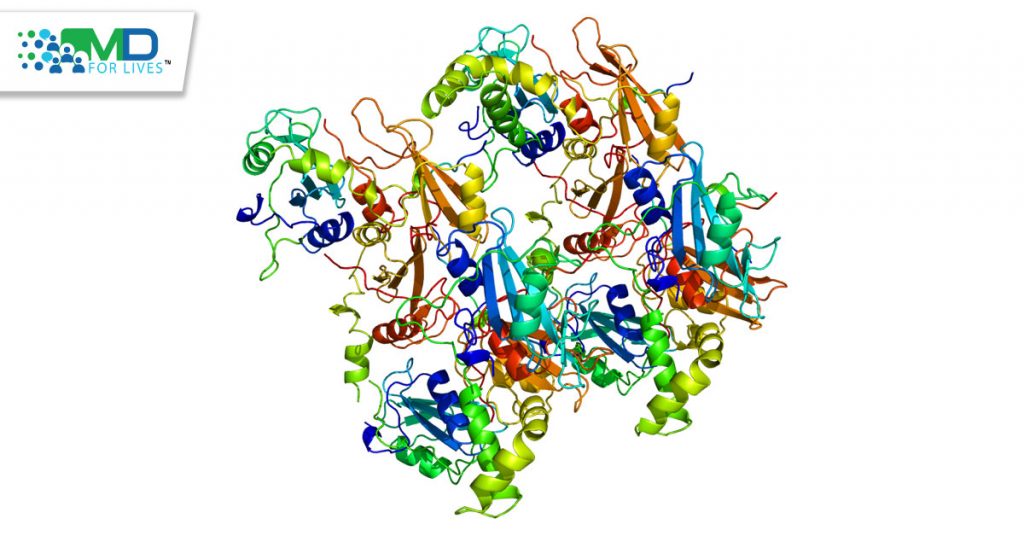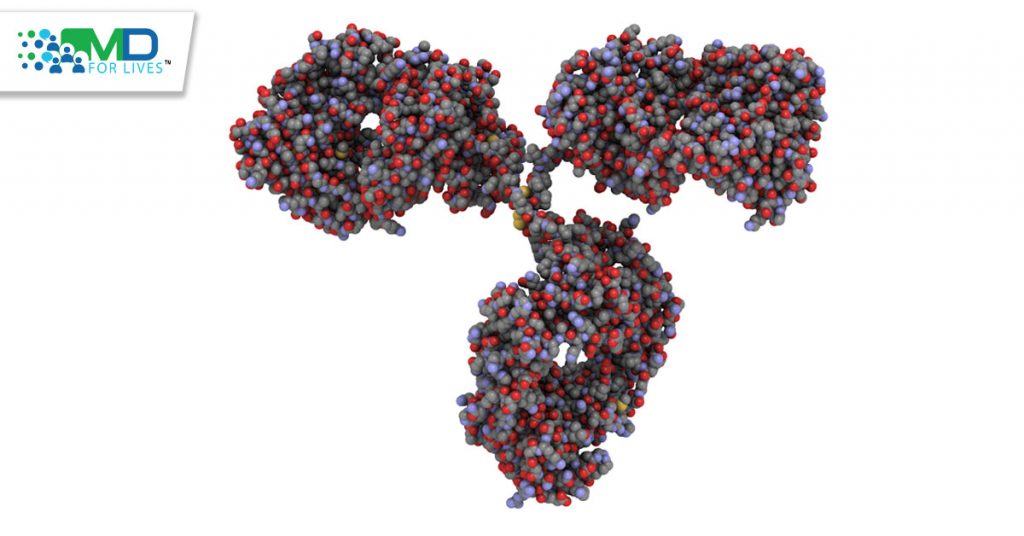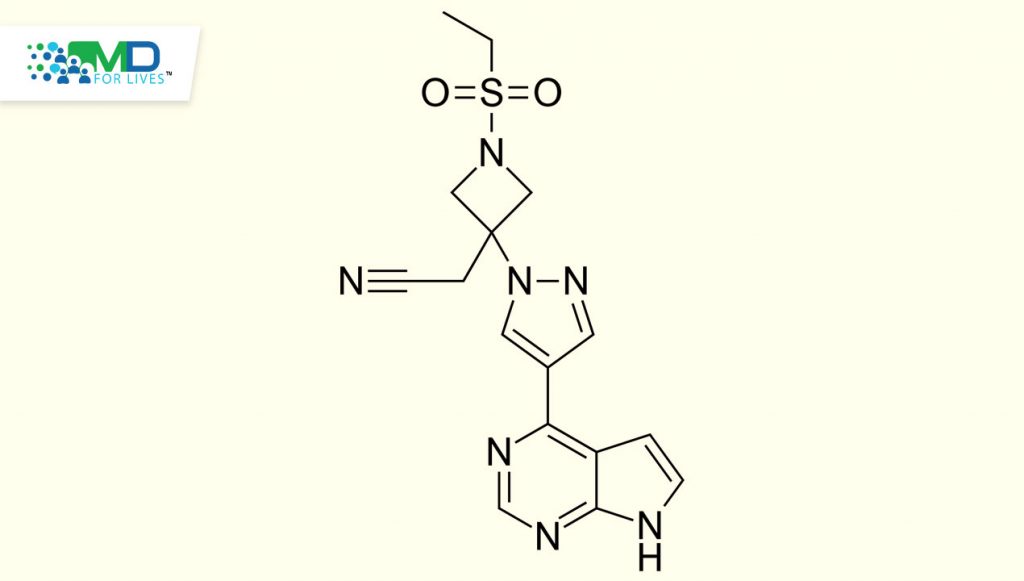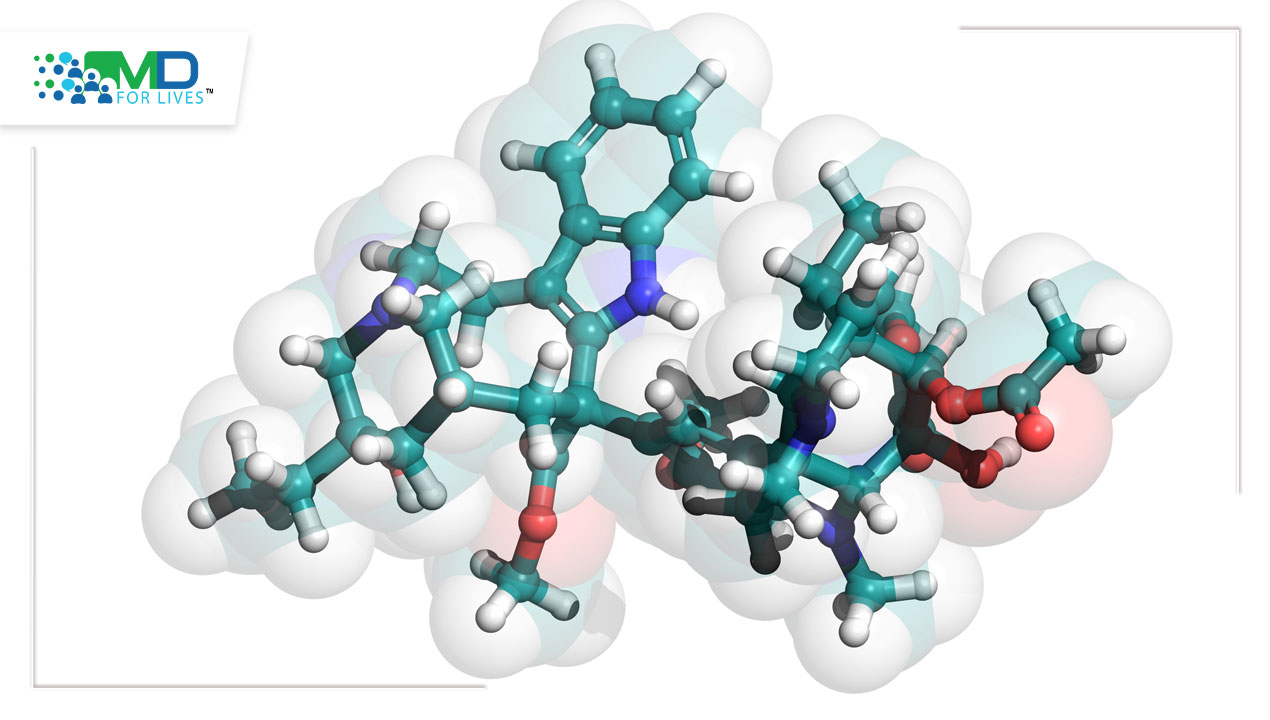Spleen tyrosine kinase inhibitors are a family of molecules that target a protein, SYK, that’s important in immune signaling.1 One of these drugs, fostamatinib, came on the market in the US in 2018, when the FDA approved its use in immune thrombocytopenia.2
In March 2022, results of a new Phase 2 trial of fostamatinib were published in the American Journal of Hematology.3 The drug showed potential benefits in treating patients with a condition called warm antibody autoimmune hemolytic anemia (wAIHA).3,4
What are spleen tyrosine kinase inhibitors?
Spleen tyrosine kinase (SYK) is a protein kinase – an enzyme that transfers a phosphate group to another protein, which often changes the recipient protein’s activity. SYK plays a key role in immune signalling within B cells and phagocytic cells, and it has other functions in the immune and lymphatic systems.1,3,6

SYK is part of the pathogenesis of some cancers, and various SYK inhibitors have been investigated for use in non-Hodgkin lymphomas, chronic lymphoid leukemia, and acute lymphoid leukemia.1
A SYK inhibitor called fostamatinib gained FDA approval in the context of immune thrombocytopenia after the completion of two placebo-controlled, randomized trials. These trials enrolled 150 patients with immune thrombocytopenia that had not responded adequately to previous treatments. Of the patients receiving fostamatinib in the two trials, 18% and 16% (respectively) achieved a stable platelet response, compared with 0% and 4% of the placebo patients.
What is warm antibody autoimmune hemolytic anemia?
A rare disease, wAIHA involves immune destruction of the patient’s red blood cells and currently has no specific approved treatment.5 In the US, wAIHA strikes roughly 13,000 people per year, and it is fatal in 8% to 11% of patients.3
wAIHA can develop as a primary condition or can be secondary to a wide variety of underlying conditions, including autoimmune disorders, infections, malignancies, immunodeficiencies, and drug reactions. Patients develop immunoglobulin G (IgG) autoantibodies that target the patient’s own red blood cells. Then, macrophages or activated lymphocytes destroy the red blood cells, predominantly in the spleen.5

Caption: In warm antibody autoimmune hemolytic anemia, patients develop immunoglobulin G (IgG) autoantibodies that target the patient’s own red blood cells.
Treatment typically involves corticosteroids or immunosuppressants; recently, the monoclonal antibody rituximab is being employed. Splenectomy can be considered, especially for patients with multiple relapses.3,5
Transfusions may become necessary to replace lost red blood cells. For secondary wAIHA, treatment of the underlying condition is important.

All of the existing treatment options carry risks, including the risk of serious infections, and some patients have relapses or disease that does not respond well to any current treatment.3,5
Trial of a potential treatment for autoimmune hemolytic anemia
A recent Phase 2 trial tested fostamatinib as a potential treatment for wAIHA. The patients included in the trial had hemoglobin below 10 g/dL due to wAIHA hemolysis and had continuing disease despite at least one previous treatment. In this open-label study, patients were started at a dose of 150 mg oral fostamatinib twice a day; this dose could be lowered or the drug discontinued if adverse events developed.3

Nineteen patients completed the initial study period, while seven discontinued drug, and three required a reduction in dose. Of the twenty-four patients included in the analysis, eleven (46%) achieved a hemoglobin >10 g/dL with a change of ≥2 g/dL from baseline by week 24, which was the primary endpoint.3
Adverse events included diarrhea, hypertension, dizziness, fatigue, liver toxicity, and neutropenia. Fostamatinib is known to trigger hypertension in some patients treated for ITP, including dangerously high blood pressure in a few cases. The hypertension events in the wAIHA study were mild or moderate.1,2,3
This was a small, open-label study, so larger, placebo-controlled investigations will be required. The study authors state that a Phase 3 trial for the same indication is currently in progress.3
References
- https://jhoonline.biomedcentral.com/articles/10.1186/s13045-017-0512-1
- https://www.fda.gov/drugs/resources-information-approved-drugs/fda-approves-fostamatinib-tablets-itp
- https://onlinelibrary.wiley.com/doi/10.1002/ajh.26508
- https://www.prnewswire.com/news-releases/rigel-announces-publication-of-data-from-phase-2-clinical-study-of-fostamatinib-for-the-treatment-of-warm-antibody-autoimmune-hemolytic-anemia-in-the-american-journal-of-hematology-301497318.html
- https://ashpublications.org/blood/article/137/10/1283/475030/How-I-treat-warm-autoimmune-hemolytic-anemia
- https://www.ncbi.nlm.nih.gov/pmc/articles/PMC4782221/

MDForLives is a global healthcare intelligence platform where real-world perspectives are transformed into validated insights. We bring together diverse healthcare experiences to discover, share, and shape the future of healthcare through data-backed understanding.






